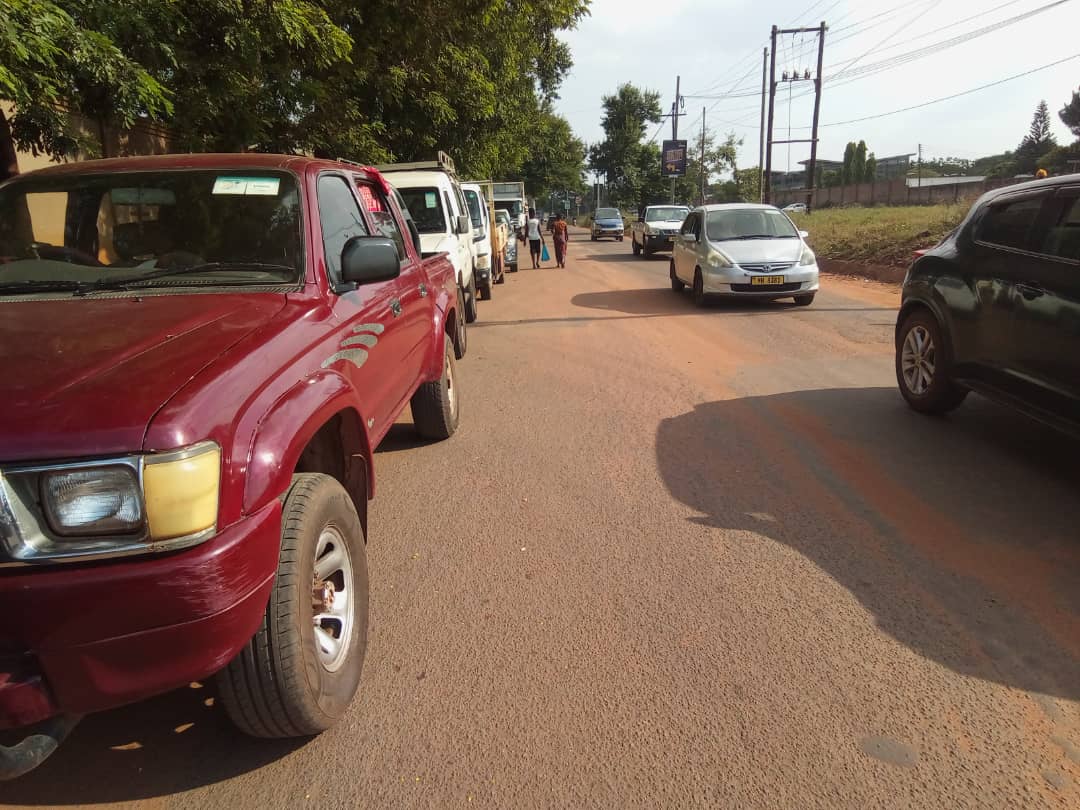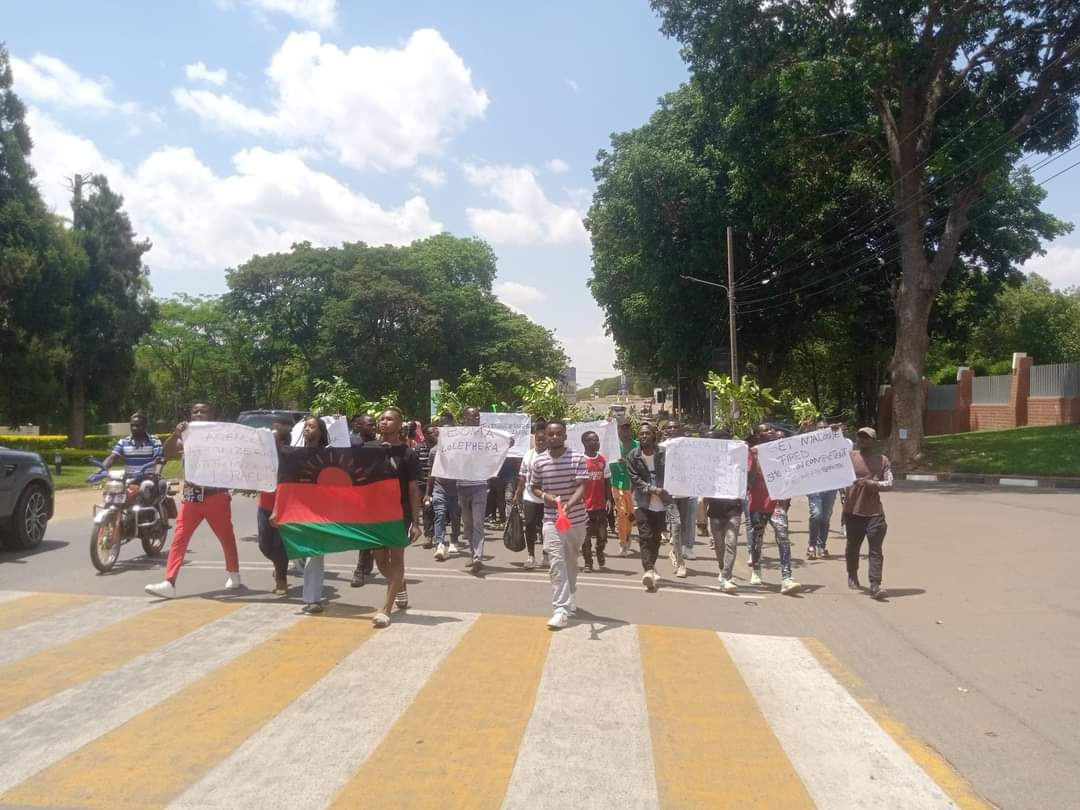By Burnett Munthali
Malawi continues to grapple with a severe fuel shortage, leaving many motorists stranded and frustrated. Across Lilongwe, scenes of long queues at filling stations are becoming the norm, as citizens scramble to secure the little fuel available.
This situation has sparked questions about whether authorities are taking sufficient action to address the crisis and whether there are both immediate and long-term solutions in place.
The picture accompanying this story shows the reality on the ground at several filling stations in Lilongwe today. Vehicles are lined up in endless queues, with some motorists waiting for hours, only to be told that the fuel has run out. For others, the situation has become so dire that they have resorted to using bicycles or walking to their destinations.
Motorists who depend on fuel for their livelihoods, such as taxi and bus drivers, have expressed their frustration. “This is killing our businesses. We spend more time looking for fuel than actually working,” one driver lamented.
While some government officials have acknowledged the crisis, the lack of clear communication has only added to the frustration. Authorities have cited forex shortages, rising global oil prices, and logistical challenges as contributing factors. However, critics argue that there has been inadequate planning and poor management of resources to prevent such a situation.
To address the immediate crisis, there have been calls for:
Firstly, enhanced fuel distribution systems to ensure that available fuel is distributed equitably.
Secondly, increased transparency about the amount of fuel available and when new shipments are expected.
Thirdly, forex prioritization for fuel imports to ensure steady supplies.
For Malawi to avoid such crises in the future, experts suggest:
Firstly, diversifying energy sources by investing in renewable energy options such as electric vehicles and solar-powered alternatives.
Secondly, strengthening forex reserves to ensure the country can meet its fuel import needs.
Thirdly, improving storage facilities to build a buffer stock of fuel during times of crisis.
The fuel crisis is not just an inconvenience; it has far-reaching effects on daily life. Transport costs have skyrocketed, and businesses reliant on fuel are operating at reduced capacity or shutting down entirely. Additionally, the lack of fuel is causing delays in the transportation of essential goods, further straining the economy.
As Malawians navigate these challenging times, the big question remains: are the authorities doing enough to resolve the crisis? Immediate action and clear communication are essential to restoring public confidence and alleviating the situation.
In the meantime, the country looks toward long-term solutions to ensure this crisis does not become a recurring issue. The hope is that authorities will take decisive action to prevent Malawi from grinding to a halt due to fuel shortages.




